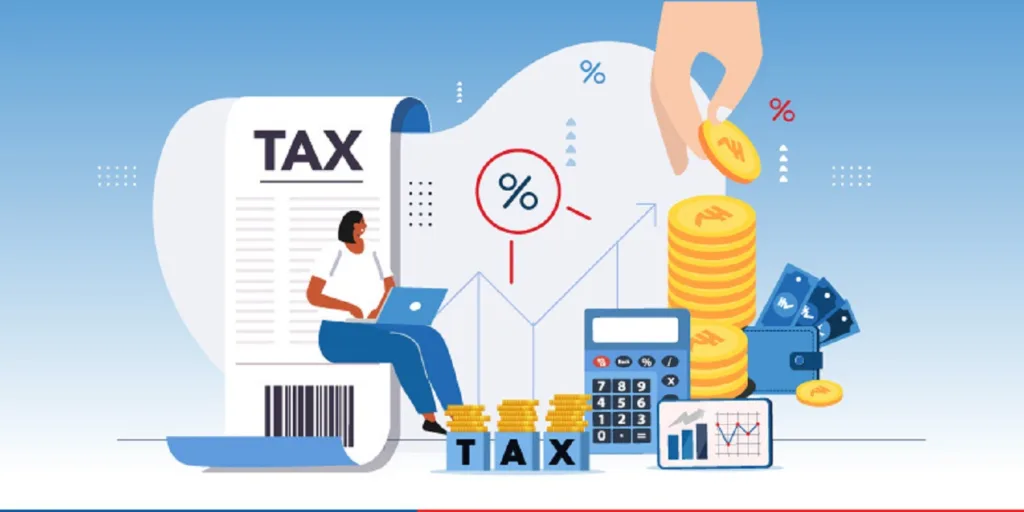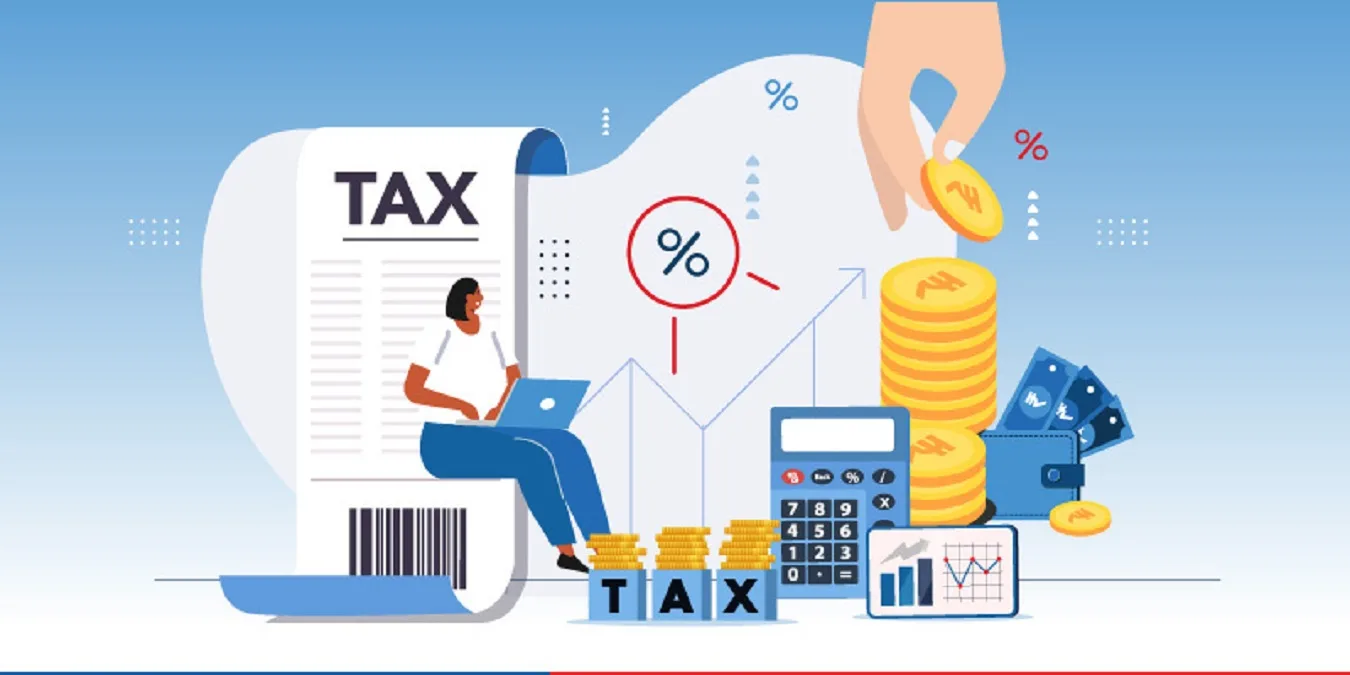Tax season can feel daunting, but with effective tax planning, you can minimize your tax liability and maximize your savings. Let’s explore seven practical tips to streamline your tax planning process.

What is Tax Planning?
Tax planning involves strategizing your finances to reduce your tax burden. It’s about utilizing various deductions, exemptions, and benefits under the Income Tax Act of 1961. By planning effectively, you can keep more of your hard-earned money.
7 Useful Tax Planning Tips
1. Estimate Your Taxable Income in Advance
Understanding your taxable income is the first step to effective tax planning. Your taxable income comprises:
- Salary Income: Basic salary, allowances, and perquisites received from your employer.
- House Rent Allowance (HRA): A part of your HRA can be exempted from taxes if you pay rent exceeding 10% of your salary (in metro cities) or 50% (in non-metro cities). Maintain rent receipts for proof.
- Interest Income: Interest earned on savings accounts, fixed deposits, and other investments is taxable.
- Capital Gains: Profits from the sale of capital assets like stocks or property are subject to capital gains tax.
2. Plan Your Investments and Expenses
Strategic investments and expenses can significantly reduce your tax liability.
- Tax-Saving Investments: Invest in instruments like Public Provident Fund (PPF), Equity Linked Savings Schemes (ELSS), National Pension System (NPS), and others. These can fetch you tax deductions under Section 80C.
- Repayment of Loans: Repayment of principal amount on home loans qualifies for tax deduction under Section 24(b). Interest paid on home loans can also be deducted up to a certain limit.
- Medical Expenses: Medical expenses for yourself and your family qualify for tax deductions under Section 80D. It also includes payments like preventive health check-ups and senior citizens’ medical expenses. Keep medical bills for documentation.
3. Assess Tax Benefits of Other Financial Components
Incorporate other tax-saving options into your plan:
- Health Insurance: Premiums paid for your and your family’s health insurance are deductible under Section 80D.
- Life Insurance: Premiums paid for life insurance policies qualify for tax deductions under Section 80C.
- Donations: Donations made to certain charitable institutions can be deducted under Section 80G.
4. Keep Relevant Tax-Related Documents Safely
Maintaining proper documentation is crucial for tax filing. Here’s what to keep handy:
- Salary slips reflecting your income and deductions
- Investment proofs like PPF statements, ELSS investment receipts, etc.
- Proof of rent payments (HRA exemption)
- Medical bills and receipts for claiming deductions under Section 80D
- Loan repayment documents for tax deductions
- Donations receipts
5. File ITR Well in Advance Before the Last Date
Filing your Income Tax Return (ITR) on time is crucial. Here are some helpful practices:
- Choose the appropriate ITR form based on your income sources.
- Gather all necessary documents well before the due date.
- File your ITR online (e-filing) for faster processing and potential refunds.
- Double-check your ITR for any errors before submission.
6. Review Tax Liabilities Regularly
Regularly assess your tax liabilities throughout the year. This allows for adjustments to your investment strategy or expense management to minimise your tax burden. Consulting a Chartered Accountant (CA) can provide valuable insights and personalised tax-saving strategies.
7. Use Online Tools & Calculators
Digital marketplaces like Bajaj Markets offer financial services like tax calculation assistance. You can simplify your tax planning using many useful tools on Bajaj Markets, such as:
- Income Tax Calculators: Estimate your tax liability based on your income and deductions.
- EMI Calculators: Plan your investments effectively by calculating loan EMIs and potential tax benefits on interest repayments. You can use Bajaj Markets EMI Calculator App to plan your investment smartly.
- Insurance Premium Calculators: Estimate insurance premiums for health and life insurance, allowing you to plan for tax deductions.
By following these tips and utilising available resources, you can approach tax planning with confidence. Remember, tax planning is an ongoing process. Stay informed about tax law changes, regularly review your financial situation, and adapt your strategy as needed. With a proactive approach, you can minimise your tax burden and achieve your financial goals effectively.
